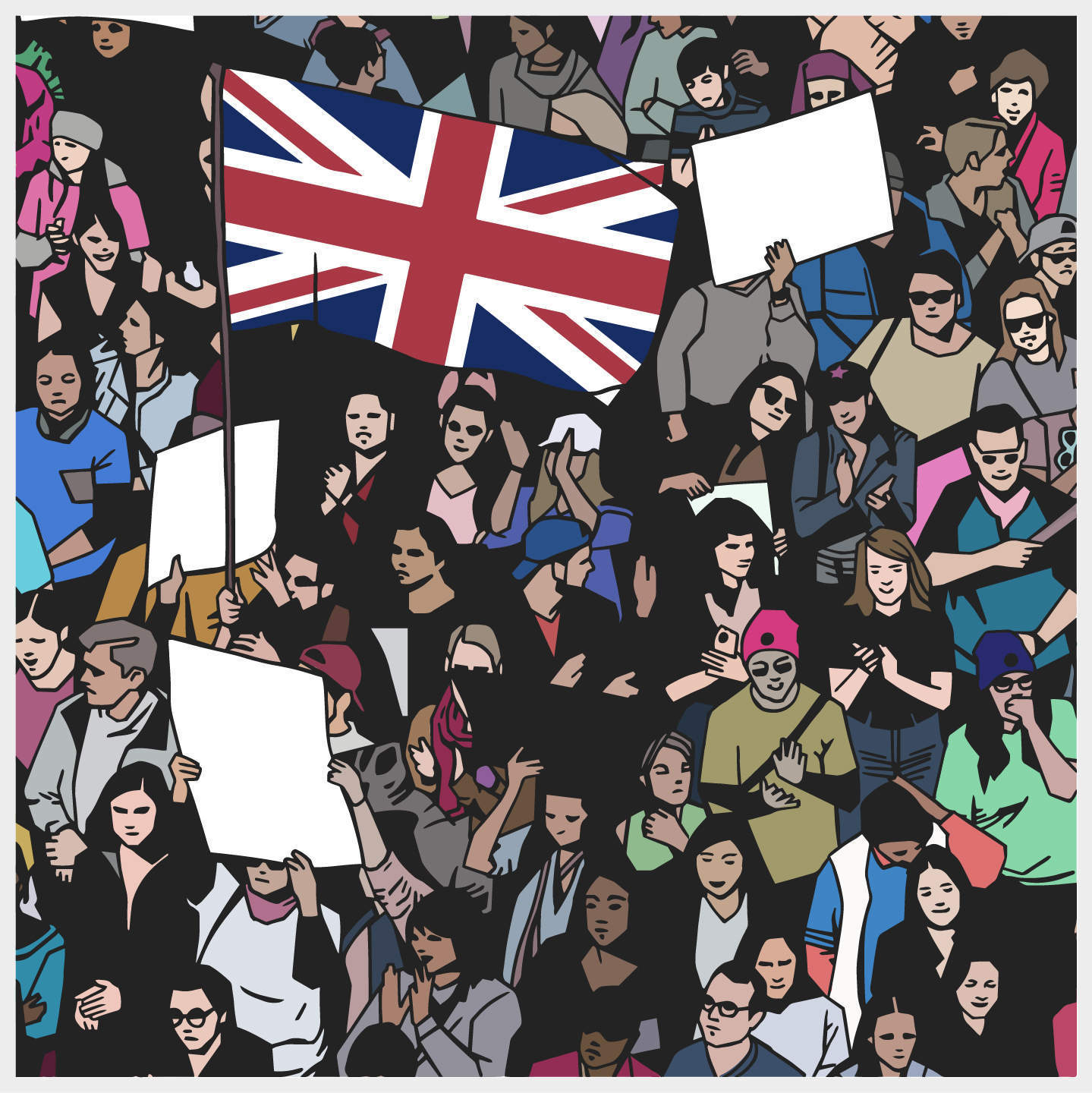No one won last week’s UK election. But in politics, as in most things, everything is relative and last week’s result could quite easily be called a victory for Labour and for the urban youth.
Over 1m 18-24 year-olds registered to vote in this snap election; an estimated 72 percent of the young population are thought to have turned up on polling day last week and Labour leader Jeremy Corbyn is said to have understood the issues young urban people face, especially in London.
This snap election was called as a result of the UK’s decision to leave the European Union; a vote which was associated with the previously unheard voice of people left behind by the decline of industry and increased globalisation.
Residents of industrial towns and rural areas have seen job opportunities decline, while wealth in the South East of England (notably London) has surged; the Brexit vote was a chance for these residents to have a voice against the so-called Westminster elite, who they felt didn’t understand what life was like for them.
However, this general election was the opportunity for another left behind group to have a voice – the urban youth.
Tuition fees, stagnant wages, and surging house prices have left young urban dwellers with excessive debt, a high cost of living and no real hope of buying their own home.
How well do you really know your competitors?
Access the most comprehensive Company Profiles on the market, powered by GlobalData. Save hours of research. Gain competitive edge.

Thank you!
Your download email will arrive shortly
Not ready to buy yet? Download a free sample
We are confident about the unique quality of our Company Profiles. However, we want you to make the most beneficial decision for your business, so we offer a free sample that you can download by submitting the below form
By GlobalDataThe young generation is now the first in the UK predicted to be poorer than their parents.
Nowhere is this truer than in London; as a truly globalised city, house prices are among the highest in the world.
GlobalData estimates that the mean household income for London stood at £31,400 in 2016, while the average house price in the British capital was £484,716 in July 2016.
Young people (particularly young Londoners) on the whole did not want to leave the EU and many felt they were being pulled out against their will.
The 72 percent of young people that are thought to have voted in the election compares to 64 percent in the Brexit referendum and just 43 percent in the last general election.
Corbyn, it has been argued, understood the issues these young people face, offering to scrap tuition fees, build over a million new “genuinely affordable” homes and save the NHS.
He also made the extra effort to appeal to young urban voters, using grime stars to benefit his campaign (a music genre which originates in London and is popular among youth in urban areas).
As a result, Labour slightly increased their majority in London, gaining three seats (a total of 48 out of 72).
This election has shown how the government has failed to understand the urban youth.
A fractured government now needs to navigate a divided nation through Brexit taking into account the needs of young people, because ignoring an increasingly powerful cohort has already proven to be a mistake.







